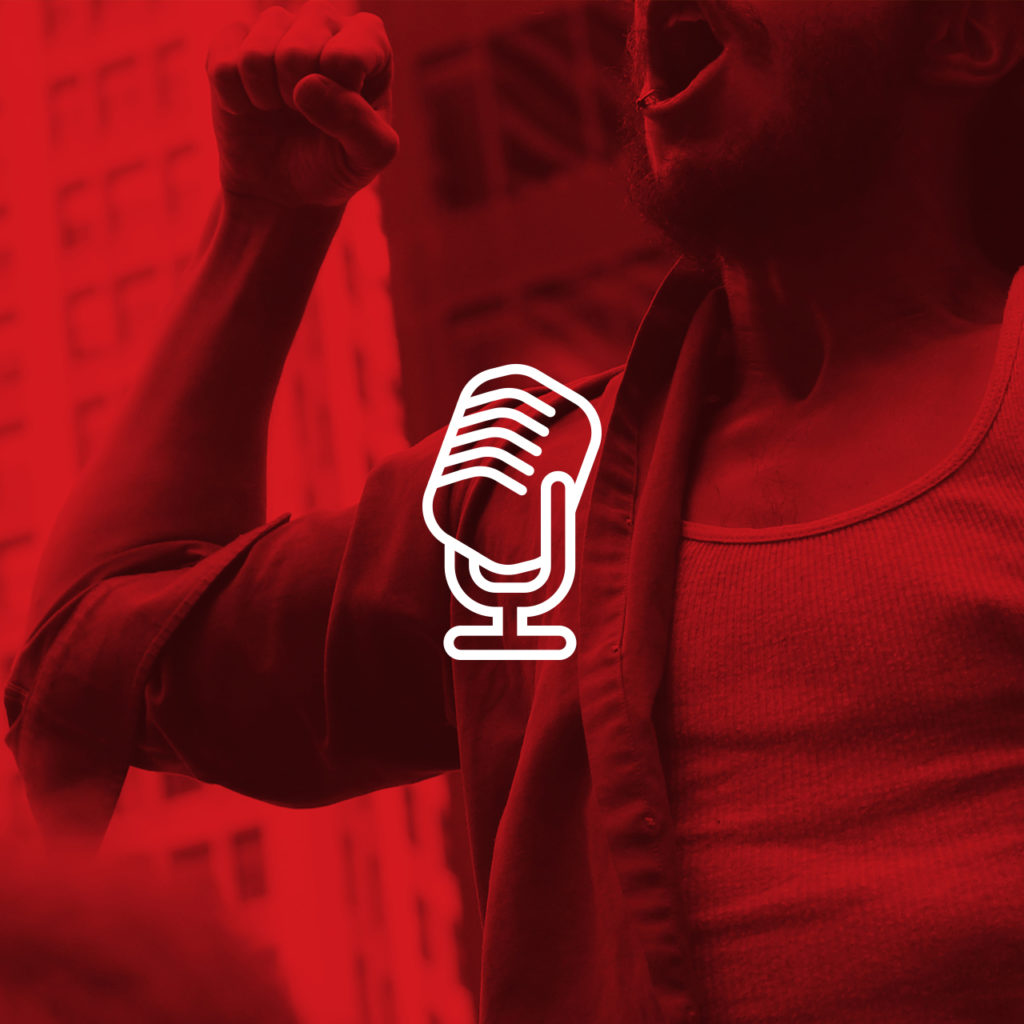
Last week, Turkey blocked users’ access to Twitter and YouTube in an effort to censor material posted by users, just as it did in March of last year. Only when the companies agreed to take down the offending content was access to these sites restored.
This development points to a troubling trend. Repressive governments with a poor record on protecting users’ digital rights and free expression are exerting enough pressure on social media companies to make them self-censor content. This is happening even in cases when the companies go on to fight content removal orders in court.
In this instance the content in question was photos and videos of militant Marxists pointing a gun at Turkish prosecutor Mehmet Selim Kiraz, who was taken hostage by the militants and then killed during a failed attempt to rescue him. Turkish Prime Minister Ahmet Davutoglu considers the photos to be anti-government, and referred to the social media services used to circulate them as “tools of terrorist propaganda.” Newspapers were also condemned. Those that dared to publish the photos were banned from covering Kiraz’s funeral.
Notably, Twitter and YouTube did not immediately comply with the content removal orders, and were therefore blocked. Facebook and Google complied within four hours — as provided by Turkish law — and were spared the block.
As several commentators have pointed out, the real objective behind these blocks may not be to expunge the information in the immediate case. Instead, Turkey may be laying the groundwork for future crackdowns. The Turkish government was able to force these internet behemoths to remove content within a few hours, creating precedent and normalizing the process. Because Turkey had previously shown its willingness to block social media sites for months at a time, tech companies were much more willing to comply. Unfortunately, each time this type of censorship occurs, the next time is that much easier.
In Turkey, challenging such blocks is likely to be difficult. The Constitutional Court of Turkey struck down previous government blocks of YouTube and Twitter as a violation of the right to free expression. However, the Turkish government passed a law greatly increasing its ability to control the internet, and the recently amended 2015 version of the law would allow officials to block websites unilaterally.
There have also been efforts by government officials and others to taint social media. For several years, former Turkish Prime Minister Recep Tayyip Erdogan waged war on social media, calling it the “worst menace to society.” Leaked documents by the country’s National Security Council (NSC) show that social media is listed among the top eight threats to Turkey, alongside the Islamic State of Iraq and Syria (ISIS) and ethnic-based terrorism. Demonizing social media like this could lead Turkish people to censor themselves, even in the absence of a government block. That’s especially troubling in a country where the press was recently declared “Not Free” by Freedom House, an international watchdog group.
Thankfully, there is reason for hope.
Even though Facebook and then Twitter complied with orders to take down the photos and videos of Kiraz, both companies will appeal the orders in court. Citizens of Turkey are also taking matters into their own hands, using technology to circumvent social media blockades. During the 2014 block, people were able to use VPNs, alternate DNS, and Tor to continue to access Twitter. Graffiti popped up around the country to teach people how to change their DNS settings.
Social media plays a vital role in countries that lack a robust, independent mass media. We applaud companies that stand firm in the fight to protect users’ freedom of expression. If users are willing to fight back against government censorship, social media companies should support them in their efforts.
We also call on people everywhere who seek to protect free expression to speak out in support of social media in Turkey. It won’t help to fight social media blockades if people are already censoring themselves.
Finally, to help users at risk around the world, Access offers free, direct technical assistance through our Digital Security Helpline. Please help us spread the word.
Policy fellow Deniz Aydin contributed to this article.
photo credit: brewbooks
